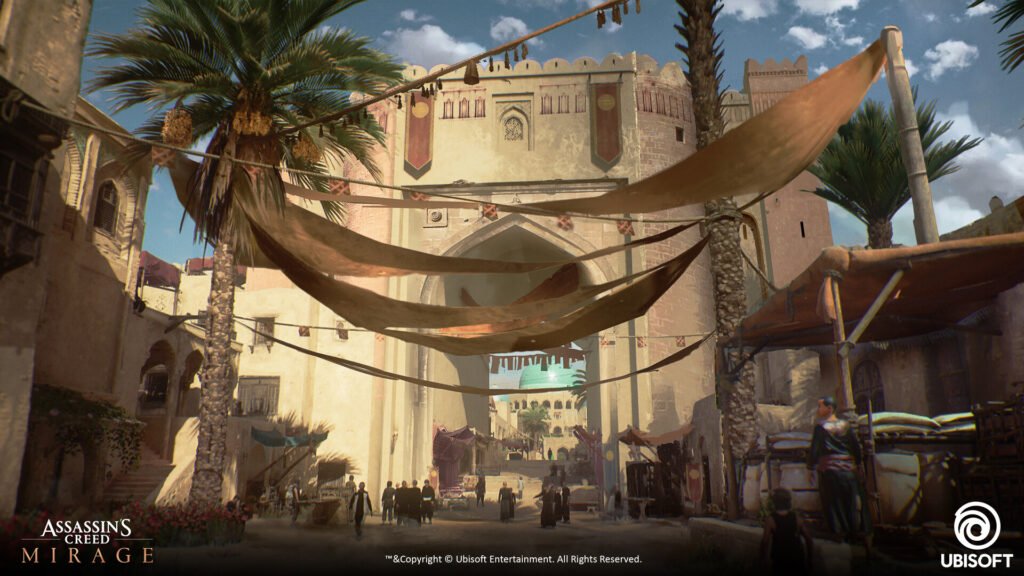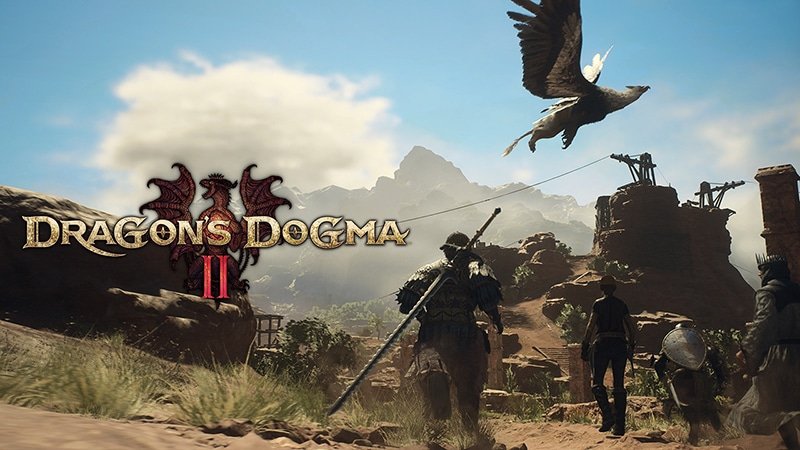By Robert Houghton (University of Winchester)
We’re back with the sixth Middle Ages in Modern Games Asynchronous Conference! We’ve got a busy three days ahead of us with written and recorded papers from speakers from around the world and from within divergent sectors of game design and academic fields. We’re bookended by a pair of keynote papers, and we have a sponsored session on Field of Glory: Kingdoms coming up this afternoon. I’m very excited to see several long term participants joining us again this year, along with a number of new authors. There’s a very diverse selection of work coming up over the next days.
If this is your first time at MAMG, then welcome! This is a great place to present work in progress or other formative ideas to a broad audience. There’s plenty of opportunity to pose questions to the various speakers in the comments sections of their papers and a lot of scope for discussion. Participation is free and please do share the papers with any interested colleagues, students or friends. You can find details of the various papers and speakers in our programme.
This is our second conference on our own website. If you missed last year’s event, you can still catch up on the various excellent papers. You can also take a look at the conference proceedings from our previous events.
As I’ve indicated, we have a great range of papers coming up addressing a lot of different topics relating to medievalism and games. In particular though, the core themes of the conference this year are ‘Globalisms’ and ‘Regionalisms’.
In recent years, the Middle Ages in games has become more visibly and obviously global. In Western games, we’ve seen a shift away from a tight focus on Europe (and often on the British Isles and Scandinavia) with occasional nods to the crusades. We’ve seen Assassin’s Creed, Crusader Kings, Field of Glory and other long running series reaching into ever broader parts of the world.

We’ve seen games from studios based in Eastern Europe (The Witcher, Kingdom Come: Deliverance) or Asia (Mount and Blade, Dragon’s Dogma, Black Myth Wukong) enjoy huge commercial success while presenting their own distinct visions of the Middle Ages. In doing so, these games have often revitalised genres and introduced players to new regions and ideas.

There are also countless popular and influential medievalist games beyond the Anglophone world. Quraish, Hiệp Khách Chi Ca, and Tormenta have huge Arabic, Vietnamese and Brazilian playerbases respectively, each drawing on very different traditions in their depictions of the period.

Vibrant indie and modding scenes have also spurred the production of multiple games exploring different corners of the medieval world – indeed our two keynotes address this very issue with games about Welsh and East Asian cultures respectively.
All in all, we’re seeing more medievalist games which incorporate a larger part of the globe and more games which focus on previously underrepresented regions. The spread of these approaches (broader globalisms and deeper regionalisms) are in many ways a huge positive for the industry and for players, giving us access to new stories and ideas. There’s also a lot to be analysed here from both design and academic perspectives.
Of course, even as we’re getting more varied and interesting (not to mention cool) medieval worlds to explore in our games, we’re still seeing a lot of limitations to these worlds. There’s still a prevailing tendency to focus on Western Europe and to impose models and stories from this part of the world on other regions. Broad globalisms can lose a lot of detail. Deep regionalisms can feel isolated from the rest of the world. And that’s not to mention the obvious and well documented social and political issues around games and medievalism.
A lot of our papers this year address these new globalisms and regionalisms in medievalist games – and the various issues surrounding them. We’ve got speakers considering evolving Western perspectives of medieval Asia and vice versa. There are papers on approaches to race, culture and religion on global and regional scales, and a session on more considered approaches to portraying the medieval world or a part of it in games.
We’re sponsored this year by Slitherine, Exilian and the Centre for Medieval and Renaissance Research at the University of Winchester. Slitherine have a large range of medievalist games amongst their vast portfolio: including new DLC Rajas and Tribes for Field of Glory: Kingdoms. Exilian provide wideranging forums and articles addressing all aspects of the Middle Ages and medievalism (including, but not limited to, medievalist games). And the Centre for Medieval and Renaissance Research conducts research, public engagement, and teaching on several themes including the Middle Ages in Modern Games.

The background images on our programme and other materials are taken from the Rajas of Asia mod for Crusader Kings III. This mod greatly expands the game world eastwards all the way to the Pacific, while also providing a much deeper representation of many cultures across Asia. William Chen, one of the modding team, will be joining us as our Second Keynote on Friday to talk about the challenges associated with the project.
We’ll be back at 12:00 with our First Keynote from Stevan Anastasoff titled: Playing with the Past: Cultural Integrity in Narrative Gaming. Stevan will be talking about his development of Tales from the Mabinogion – and his deep engagement with Welsh culture and language from the very core of the game. We’ll see you then!

Thanks for opening this brilliant programme, Rob! This theme truly sets the scene for a lot of interesting reflections – it’ll be an exciting couple of days.
Thanks Markus! There’s a lot of papers I’m really looking forward to – we’ve got a great bunch of speakers (as always).
Looking forward to the coming days and papers 🙂